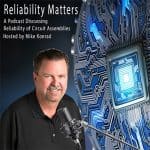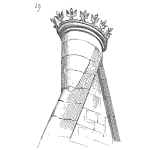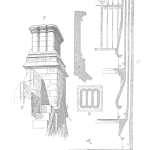
RRP 097 Emotional Intelligence with Sanya Mathura
On this week’s episode, I welcome Sanya Mathura to the show. We discuss emotional intelligence, self awareness and leadership.
If you’re looking for emotional intelligence, leadership or personal development coaching either personally or professionally, please send me an email to robsreliabilityproject@gmail.com I’d love to help you!
If you’re company sells products or services to engaged maintenance & reliability professionals, tell your marketing manager about Rob’s Reliability Project. If you’d like to discuss advertising on my content, please email me at robsreliabilityproject@gmail.com
Follow Sanya Mathura on LinkedIn – https://www.linkedin.com/in/sanya-mathura-362438129/
Follow Rob’s Reliability Project on LinkedIn – https://www.linkedin.com/company/robsreliabilityproject/
Follow Rob’s Reliability Project on Facebook – https://www.facebook.com/robsreliabilityproject/
Music by XTaKeRuX, Song: White Crow is licensed under a Creative Commons 4.0 Attribution License.











 Ask a question or send along a comment.
Please login to view and use the contact form.
Ask a question or send along a comment.
Please login to view and use the contact form.